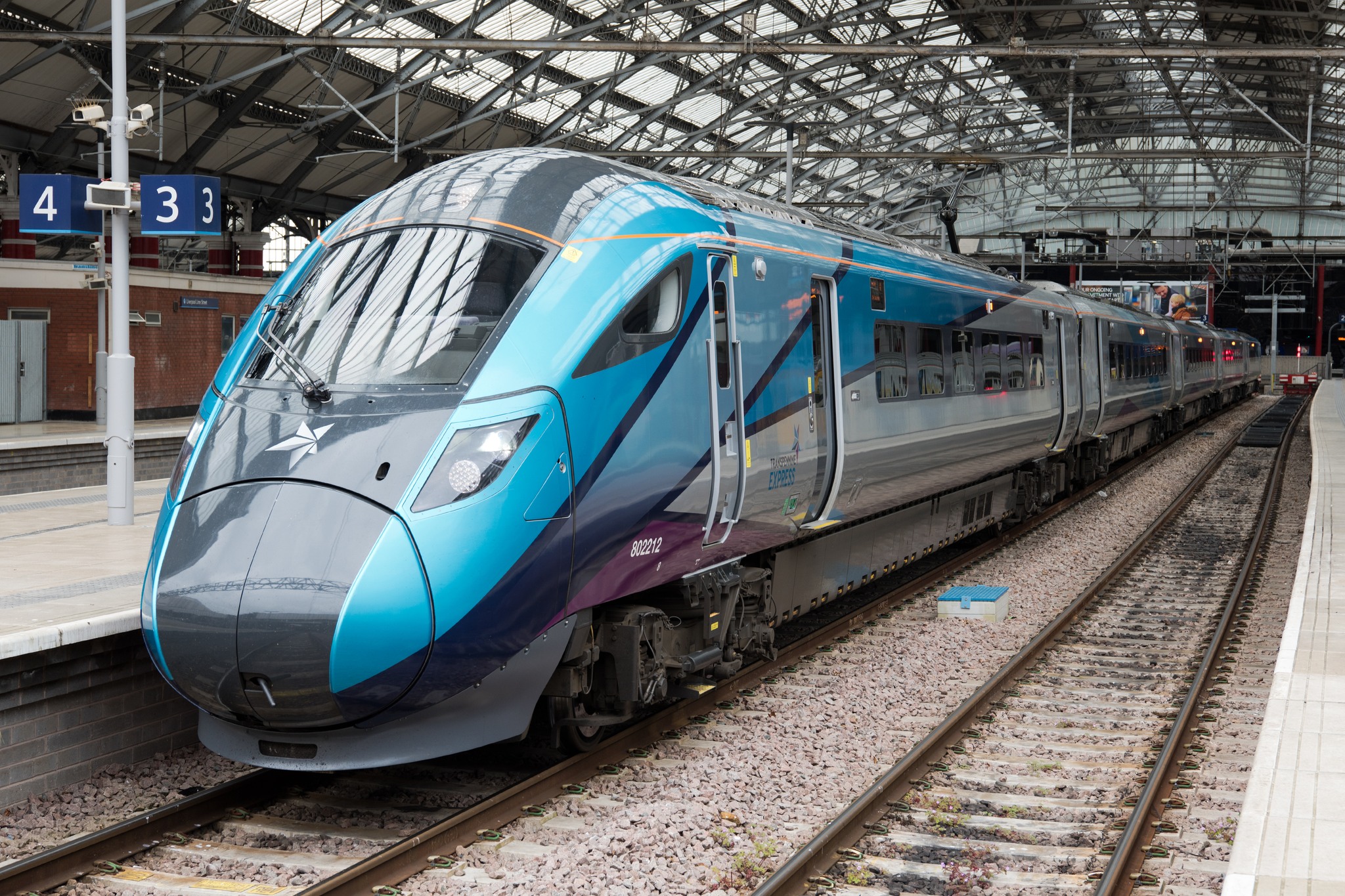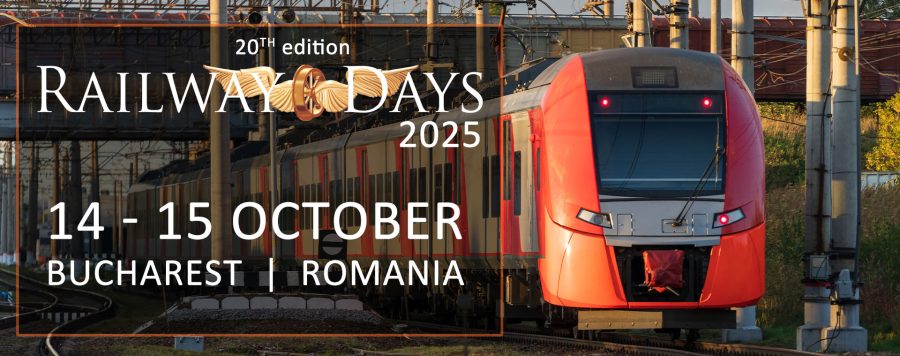
TransPennine Express (TPE), a British train operator, has delivered a dramatic turnaround under public ownership since entered public ownership in May 2023, as it has reduced cancellations by 75%, increased customer journeys by 42%, and grown revenue by 54%.
In the last financial year alone, the operator generated GBP 1.4 billion (EUR 1.7 billion) in economic value, delivering more than £8 in return for every GBP 1 of public subsidy.
These results mark a clear departure from the service’s previous struggles and show the Government’s commitment to putting passengers back at the heart of its plans for public ownership and ensuring services are reliable.
“TransPennine Express’s remarkable turnaround shows exactly why we’re bringing our railways back into public ownership as part of our Plan for Change. These impressive results demonstrate what happens when we put passengers and communities first rather than private profit,” Rail Minister Lord Peter Hendy said.
When the franchise was removed from its private operator, only 5% of stakeholders were satisfied with TPE’s performance. A severe shortage of trained drivers, chronic service disruption, and a breakdown in trust had left the network under strain.
Today, as TPE operates under public ownership, stakeholder satisfaction has soared to 94%, more than 20,000 days of driver training have been delivered, and 63 new drivers have been recruited to strengthen operational resilience.
The introduction of enhanced First Class catering, major accessibility improvements and new services have all contributed to a significantly improved customer experience.
“Public ownership gave us the space and stability to reset. Our focus has been on people, our passengers, our colleagues, and the communities we serve. Two years on, we’re proud to be delivering a better, more reliable railway for the North,” Chris Jackson, Managing Director of TPE, said.
The turnaround followed the launch, in October 2023, of TPE’s improvement plan, Making Journeys Better, which prioritised stabilising operations, re-engaging staff and passengers, and transforming the network for long-term success.
The British train operator also introduced a new company vision and values shaped by colleagues, relaunched its engagement survey, and held its first ever Week of Inclusion.
Share on:



